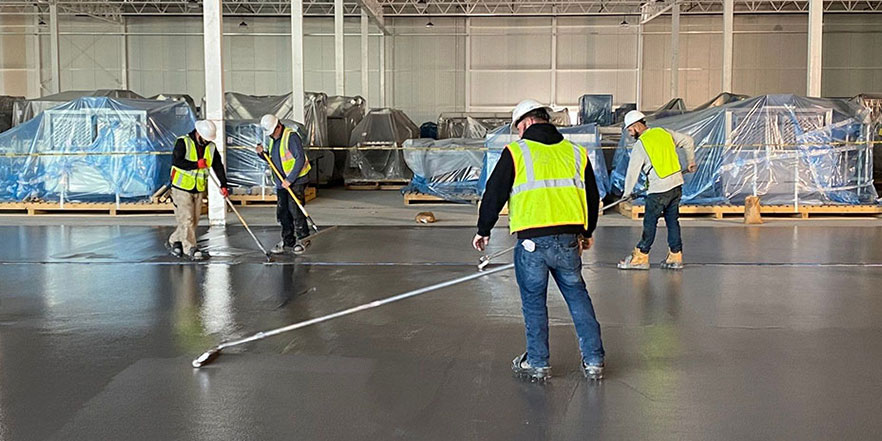Learn more about the U.S. Small Business Administration
If you’ve considered starting a small business, you’ve almost certainly heard of the U.S. Small Business Administration. The SBA is one of the most useful resources for entrepreneurs and companies on the grow, and it’s been an incredible asset for countless American businesses over the past 80 years.
What is the Small Business Administration?
The U.S. Small Business Administration was established in 1953 under President Dwight D. Eisenhower as part of that year’s Small Business Act. The SBA was created as a replacement for the Reconstruction Finance Corporation, which had been created to aid businesses during the Great Depression in 1932.
Today, the objective of the SBA is the same as it was at the time of its founding. Per the organization’s mission statement, the SBA aims to “aid, counsel, assist, and protect, insofar as is possible, the interests of small business concerns.” This is achieved through a variety of means, including providing access to capital and educational resources. The scope of the SBA’s services includes startups, established small businesses, and small businesses looking to recover from disasters.
To the latter point, the U.S. Small Business Administration was particularly helpful for small businesses during the height of the COVID-19 pandemic. In response to economic hardships, the SBA rolled out several loans and programs aimed at supporting struggling businesses, including the Paycheck Protection Program, COVID-19 Economic Injury Disaster Loans, and the Restaurant Revitalization Fund.
As business continues to evolve, so too does the SBA. In the organization’s 2022-2026 strategic plan, it outlines strategies to ensure that it supports businesses equitably and ethically and in ways that support sustainability. The efforts of the agency are steered by the administrator, which as of 2012 is determined by the sitting President of the United States. As of 2023, Isabella Casillas Guzman is the incumbent SBA administrator under President Joe Biden.
How the SBA can help your business
Probably the best-known way that the SBA supports startups and growing businesses is through loans and grants. The SBA works with partnering financial institutions and lenders to back loans and lines of credit that provide necessary funding for small businesses. The 7(a) Loan Program is the most common, with loans covering everything from real estate to working capital to business debt refinancing.
The SBA also offers business development programs for entrepreneurs and small-business owners. Resources are available through Small Business Development Centers, of which there are over 1,000 located across the United States. SBDC Programs cover a wide range of topics from starting up to expanding to innovation. Other means of development offered through the SBA include SCORE business mentoring, Women’s Business Centers, and the Veterans Business Outreach Center program.
In addition, the SBA supports small businesses through regular initiatives, including National Small Business Week and Small Business Saturday. These annual celebrations of small businesses help to shine a light on growing companies and their products, helping them get noticed and gain new customers in an increasingly competitive environment. The SBA also aims to lift up the visions of Americans in underserved communities and support labor via the recently established White House Task Force on Worker Organizing and Empowerment.
The Small Business Administration is an immeasurably important asset for small businesses in the United States, and it’s one that continues to be of the utmost importance eight decades after its creation. If you’re thinking about starting or growing your business, visit the SBA website and learn more about what this essential institution can do for you.



